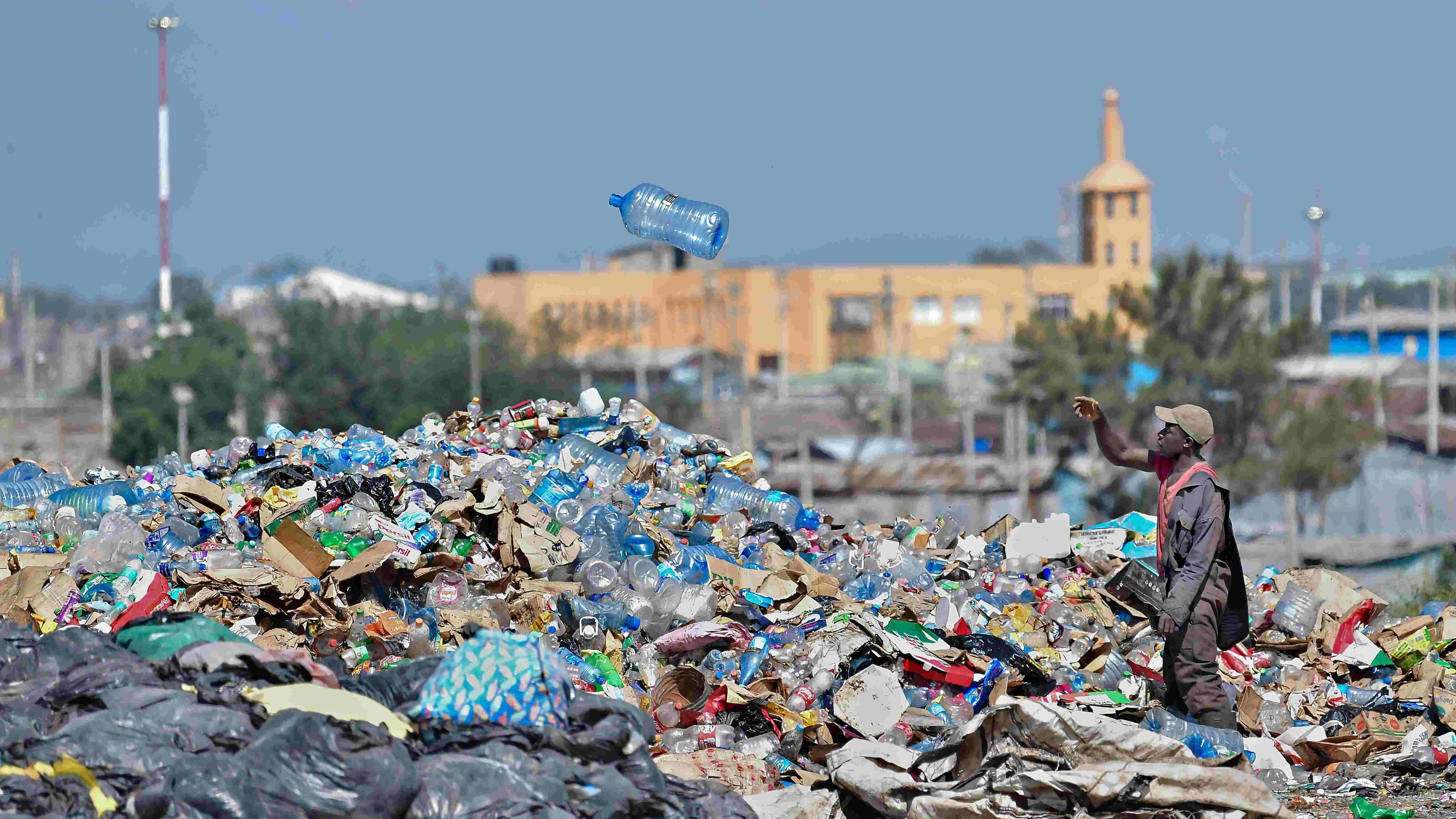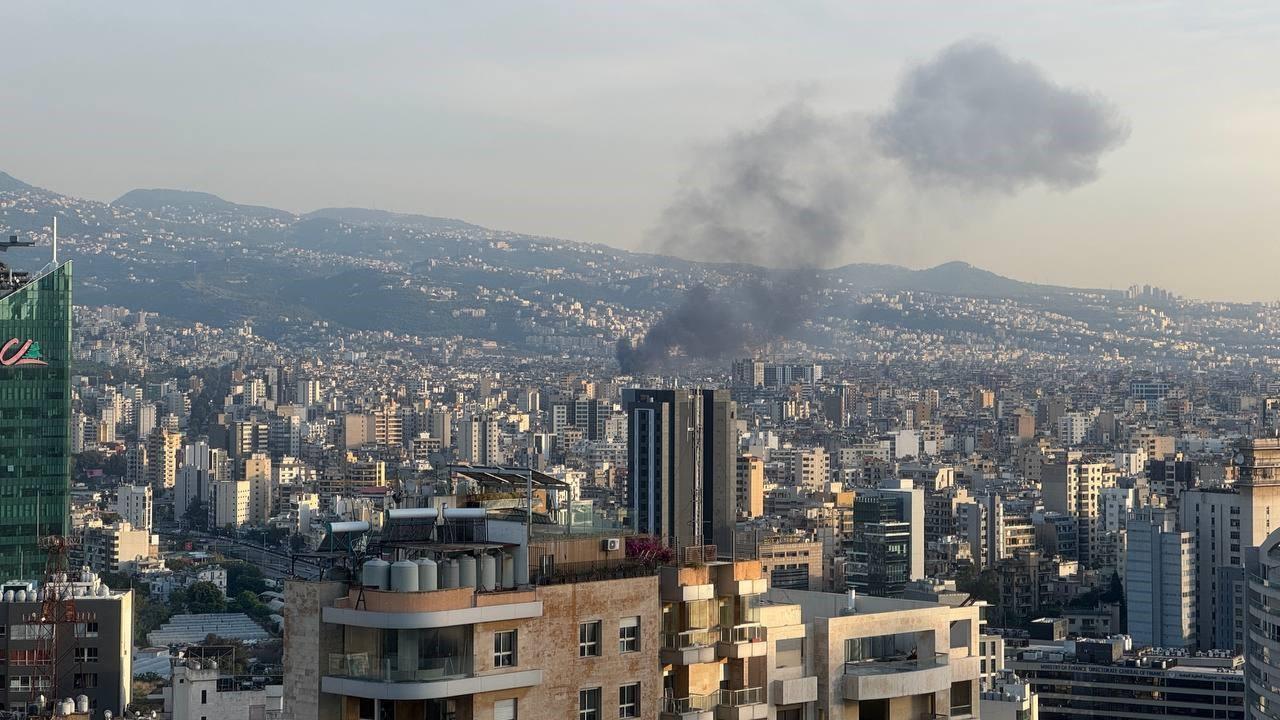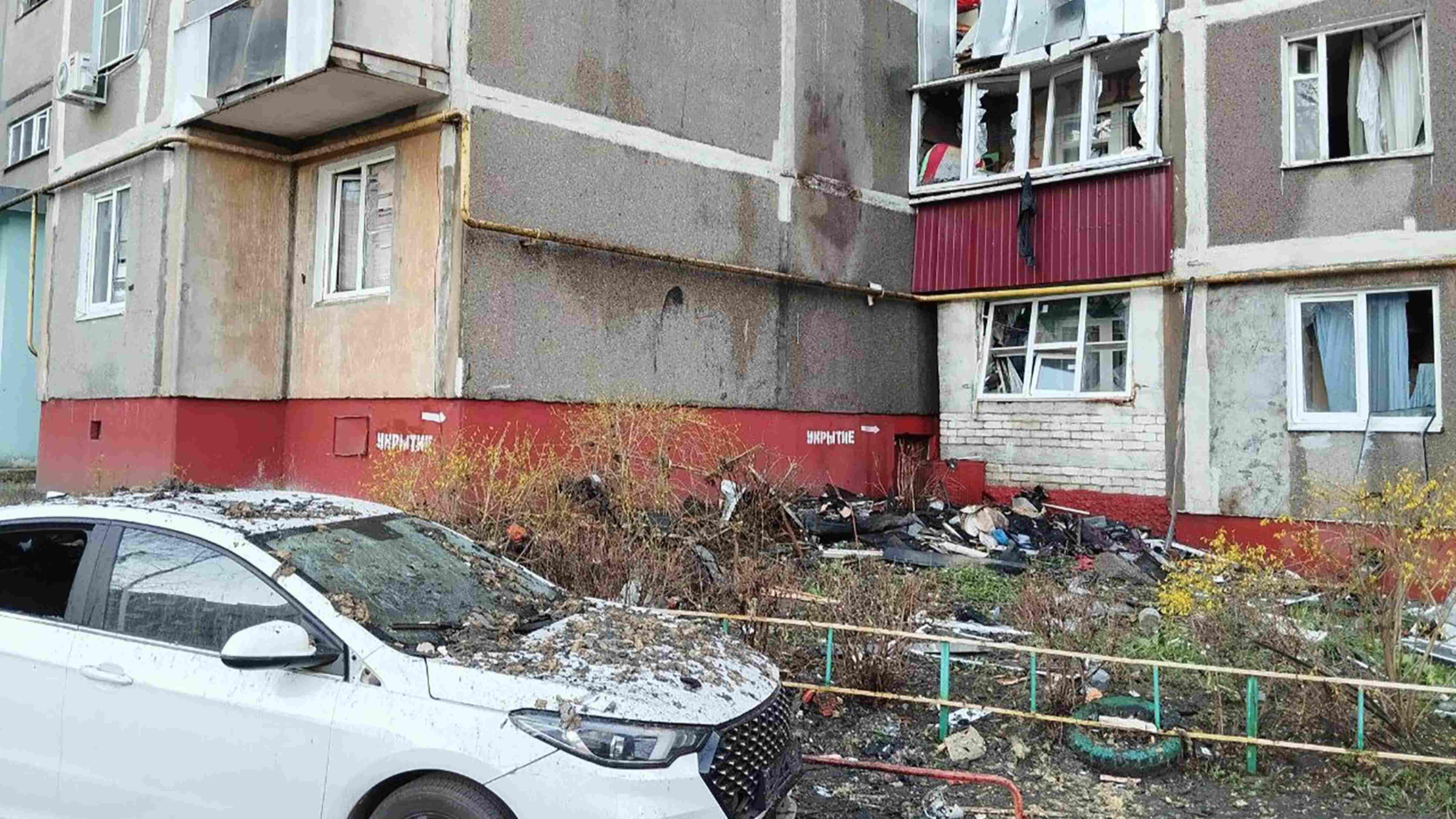Nations gather in Nairobi to negotiate plastics treaty
NAIROBI

The latest negotiations towards a global treaty to combat plastic pollution opened in Nairobi yesterday, with tensions expected as nations tussle over what should be included in the pact.
Some 175 countries agreed last year to conclude by 2024 a U.N. treaty to combat the plastic blighting oceans, floating in the atmosphere, and infiltrating the bodies of animals and humans.
While there is broad consensus a treaty is needed, there are very different opinions about what should be in it.
Negotiators have met twice already but the Nov. 13-19 talks are the first to consider a draft text of the treaty published in September.
Around 60 so-called "high ambition" nations have called for binding rules to reduce the use and production of plastic, which is made from fossil fuels.
It is not a position shared by many plastic-producing economies, including the United States, which have long preferred to focus on recycling, innovation and better waste management.
The draft presenting the various ways forward will form the basis for the high-stakes deliberations at the UN Environment Programme (UNEP) headquarters in Nairobi.
The meeting to debate the future of plastic comes just before crucial climate talks in the oil-rich United Arab Emirates later this month.
Financing is a key point of tension in the plastic talks.
Rich economies have historically polluted more - and for years exported trash for recycling to poorer nations, where it often winds up in the environment.
Some developing nations are concerned about rules that might place too great a burden on their economies.
Plastic production has doubled in 20 years and in 2019, a total of 460 million tons of the stuff was made, according to the OECD.
Around two-thirds of plastic waste is discarded after being used only once or a few times, and less than 10 percent is recycled, with millions of tonnes dumped in the environment or improperly burned.
















